My insanely weird short story “Outside the Box” is featured in the most recent anthology from SCARS Publication. Apparently they liked it, since they named the entire collection after it.
It’s written in the first person, very unusual for me. I’m not sure why but I typically feel more comfortable writing in the third person.
I can’t say what inspired it. I’m not using hallucinogenic drugs. As it says on the back cover of my book on life here in Japan, which will be out early next year, I feel like I’m living in a fairy tale. Other than the complete disintegration of my homeland, the prospects that climate change will make the Earth uninhabitable, the class warfare being waged on the vast majority of us by the sociopathic ultra-wealthy — which apparently now even includes mass extermination to “cull the herd” — and what is increasingly looking more than likely, the annihilation of all life on the planet via a nuclear war, I’m as happy as a butterfly in spring on Bora Bora.
Here’s the real skinny on “Outside The Box” . . .
This is how my brain sometimes works. I make no excuses, offer no apologies, and certainly lose no sleep.
Celebrate it, condemn it, put out a call for intervention or institutionalization, whatever floats your boat . . . it’s what I do.
It’s what I like to do!
While I recommend you buy the anthology itself, if for no other reason than supporting independent publishers like this seems like a good idea and truth is there are some other great pieces in this collection, I’ll save you a few dollars. Yes, you can read my story below.
Have fun with it! Or skip it and go rollerblading. Your choice.
_____________________________________________________________
OUTSIDE THE BOX
I was surprised how
easy it was to find the grave, and that it was unguarded.
I dug up the body,
dragged it to just the right spot.
Then I kicked the
shit out of Hunter S. Thompson.
He didn’t stand a
chance. I punched, pounded, kicked, scratched, twisted his limbs, applying the
most excruciatingly painful wrestling moves.
I kept this up
until I literally fell over from exhaustion.
After resting a
while, I rolled Thompson back into the grave, then shoveled the dirt back over
him and left.
Of course, no one could know. And without it being public knowledge, I wasn’t sure exactly what advantage my cathartic corpse thrashing might achieve.
I guess I was
thinking more spiritually – you know, big picture.
And let’s face it.
We really don’t know how these things work. Sometimes we just have to let fly
and hope for the best.
I have always felt
a strong connection with Hunter S. Thompson. Especially when I was vomiting
from too much to drink.
But it was deeper
than just binge camaraderie.
I could feel his
giddy acid in my veins. I guess my arteries too. I can’t imagine him without a
sneer. And I can’t stop sneering.
So what was with
the need for my posthumous pugilism?
Simple. The old
bastard was becoming a thorn in my side. Holding me back. He was like having a
brother with elephantitus. Or a sister who fucked the whole football team.
I didn’t stand a
chance. My karma was like belly button lint in an ancient mummy.
People didn’t
ignore me. To ignore someone, you have to know they exist.
Luckily I figured
out exactly what had to be done.
I needed to settle
the score. Level the playing field. Credit where credit is due.
I needed to beat
the shit out of Hunter S. Thompson.
Think I’m crazy,
right?
Well, suck on this:
It worked!
It was like the
Beatles … the fall of the Berlin Wall … MTV … 911 … Trump.
Everything changed!
Well, for me
personally it did anyway.
I stopped at the
dry cleaners to pick up my laundry. A shirt and a beach towel. I gave the lady
a ten. She gave me change for a twenty. I kept it. Not my problem.
I noticed in my
rear view mirror I looked conspicuously more handsome than usual. Others
noticed too. A pretty girl, maybe mid-20s, pulled up next to me at a stop
light. She looked over, smiled, winked, then made a jacking-off motion with her
free hand. A come on. I just laughed. I would have loved to but too many STDs
around these days. Never know where something like a simple hand job might
lead.
Then I got a text
message. Aunt Elizabeth – poor old soul – finally kicked the bucket. We’d been
waiting forever. I already knew I had over $23,000 coming to me from the
long-past-her-expiration-date spinster. She’d been in the hospital for over a
year-and-a-half. What a relief!
The real
game-changers were in the inbox of my gmail account. I could see on my iPhone I
had messages but waited to read them on my computer at home.
Holy shit!
Three literary
agents were interested in my novel, 50
Shades of Pubic Hair. They even attached contracts to their messages.
Granted, I have
much better novels than this gratuitous piece of garbage. But you go with the
flow. Maybe a little commercial success would grease the skids for next year’s
Booker or maybe even Pulitzer.
I’ll skip all the
rest of the glory details for now. It’ll just make whoever is reading this
envious.
Besides, I’m
running a little late. I’m speaking tonight at the Washington Press Club comedy
roast of Julian Assange.
Never saw that
coming. But why not?
All thanks to you,
Hunter S. Thompson. And my taking charge of the situation.
Sorry about caving
in your eyeball socket. Not that it should matter.
You were never much
one for glamor and glitz.
Never a member of
the glitterati.
Me neither.

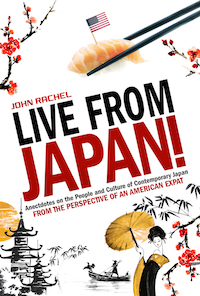

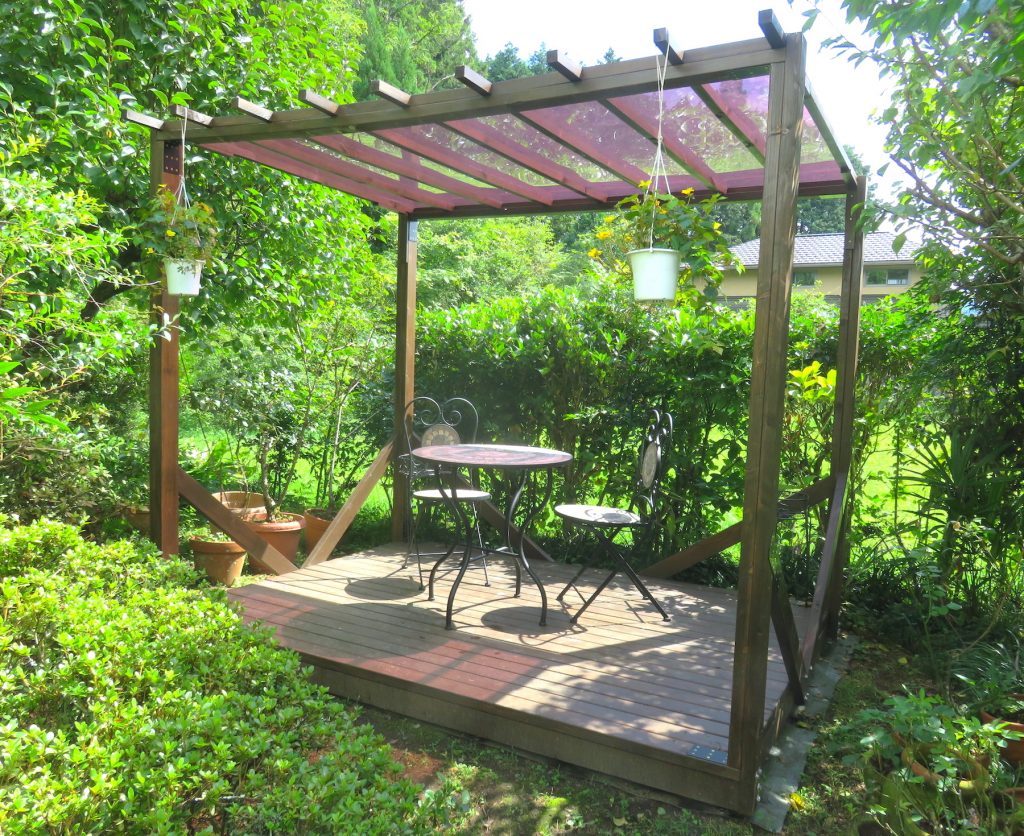

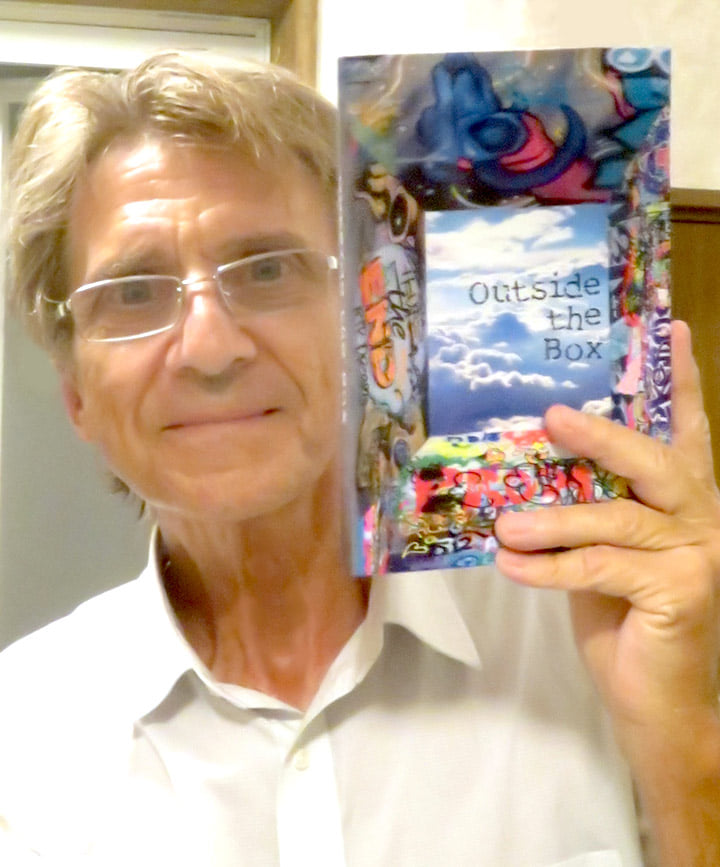

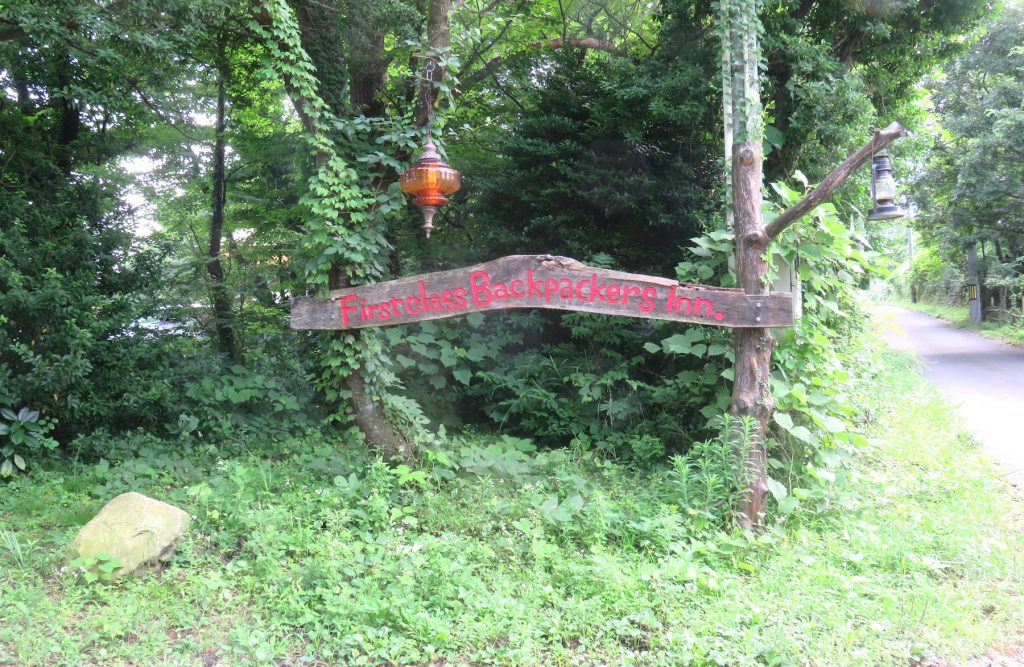
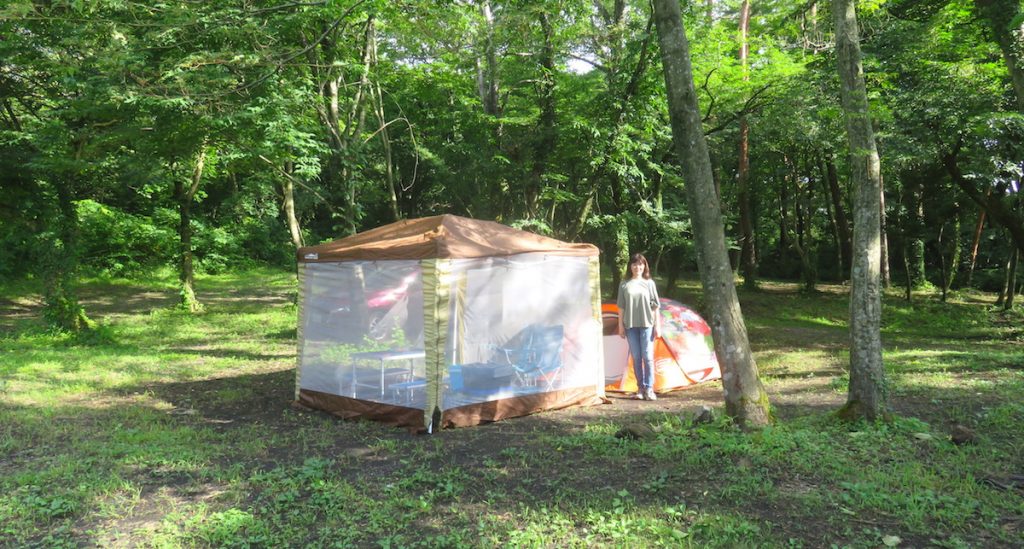
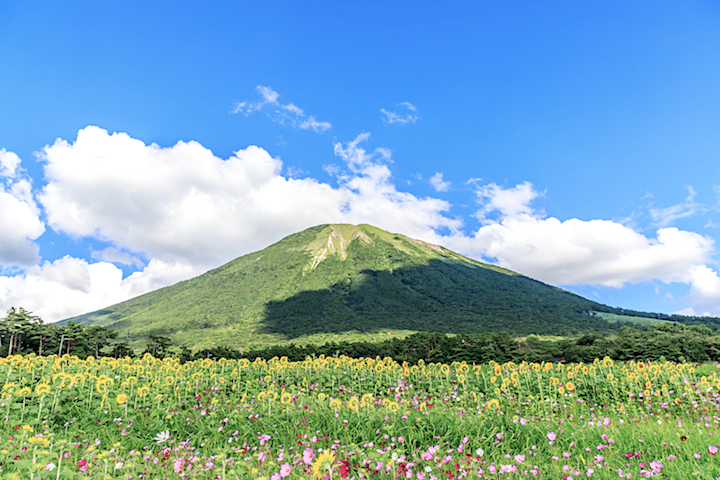

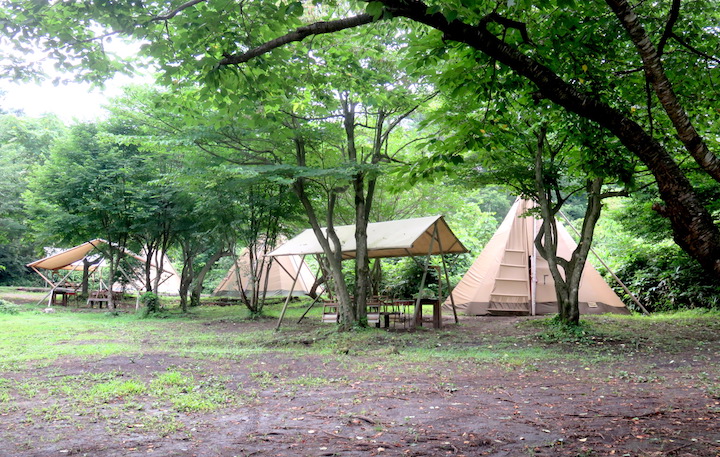
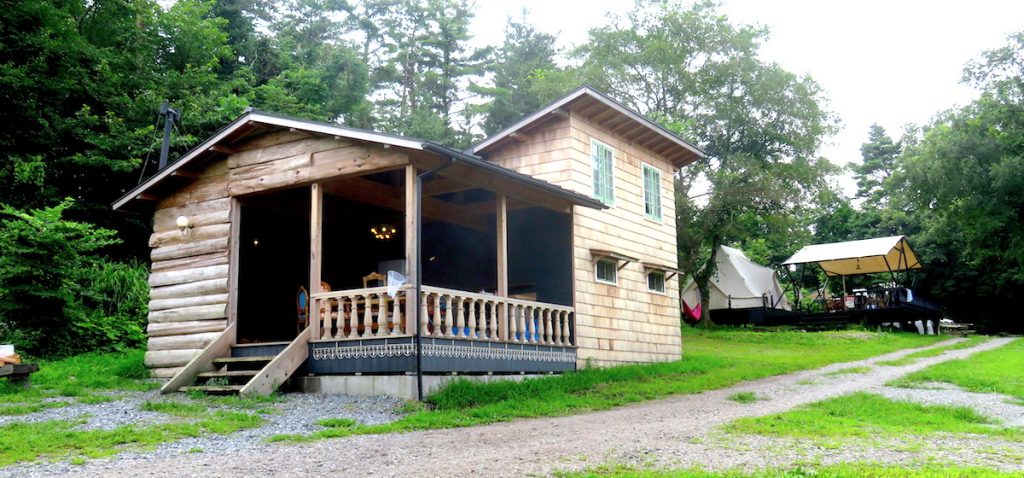
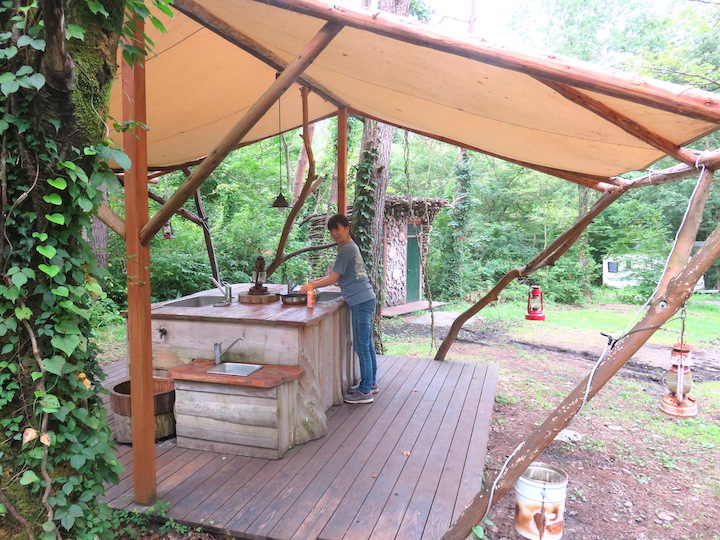
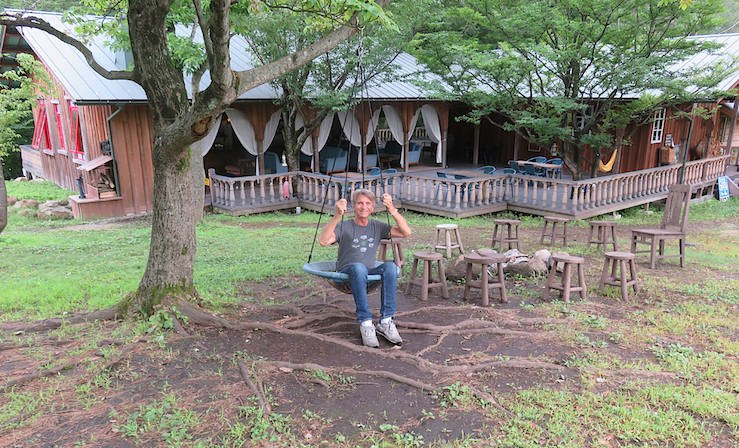








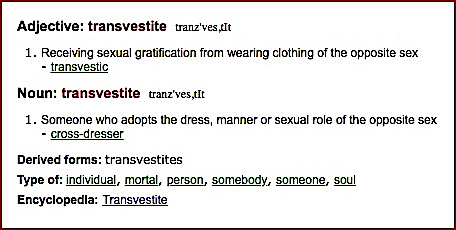

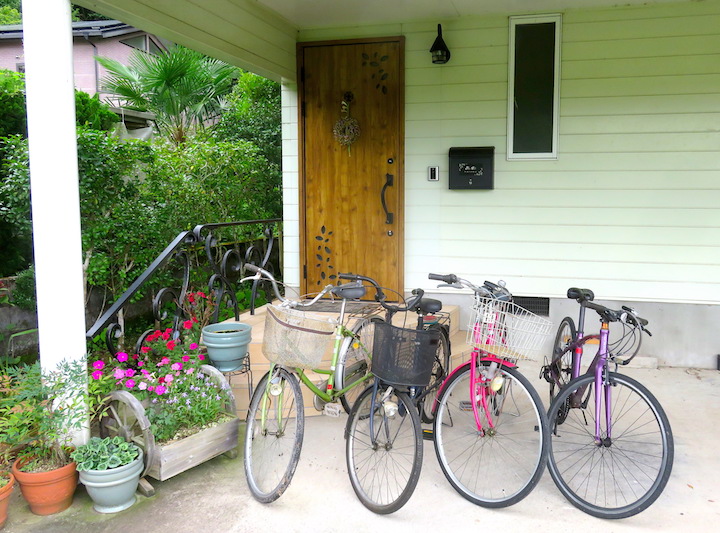

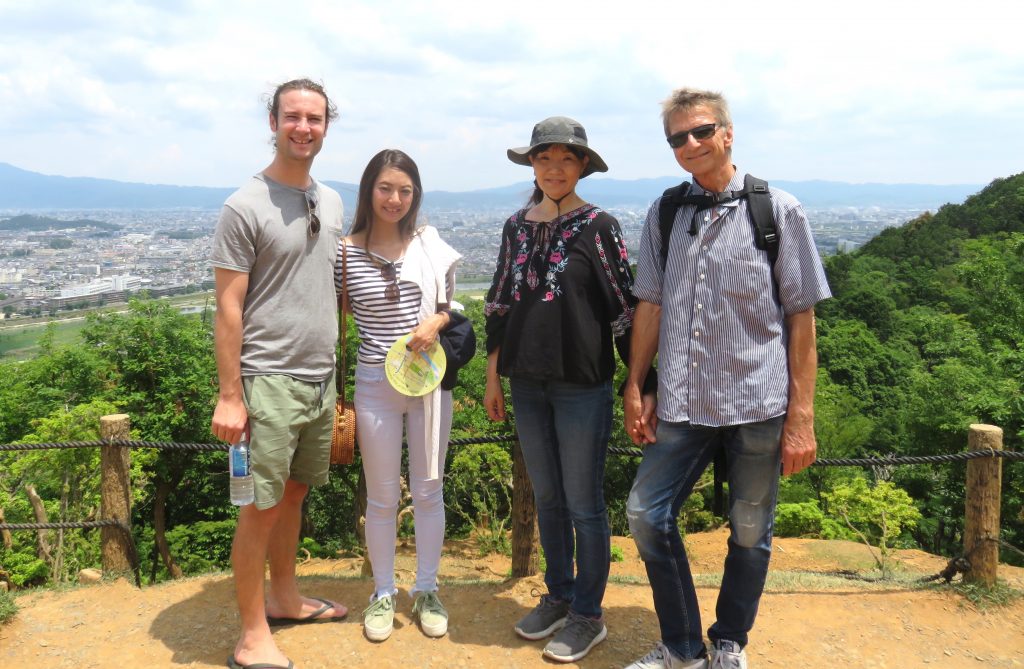
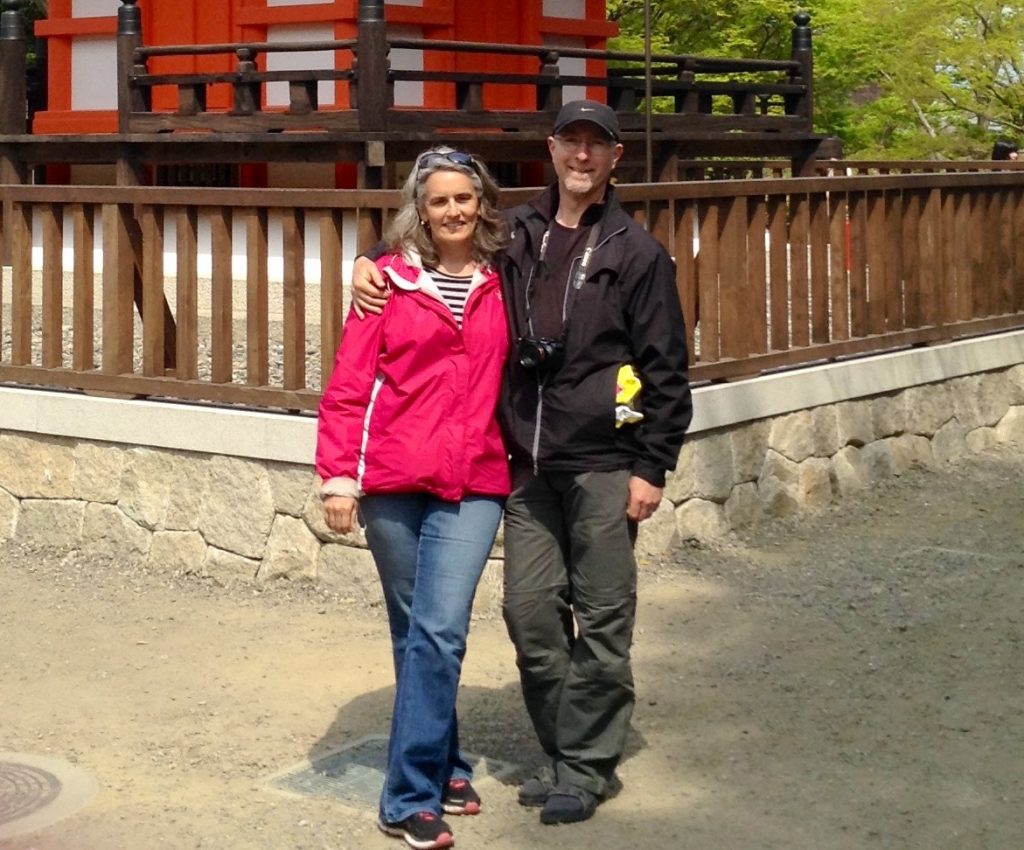
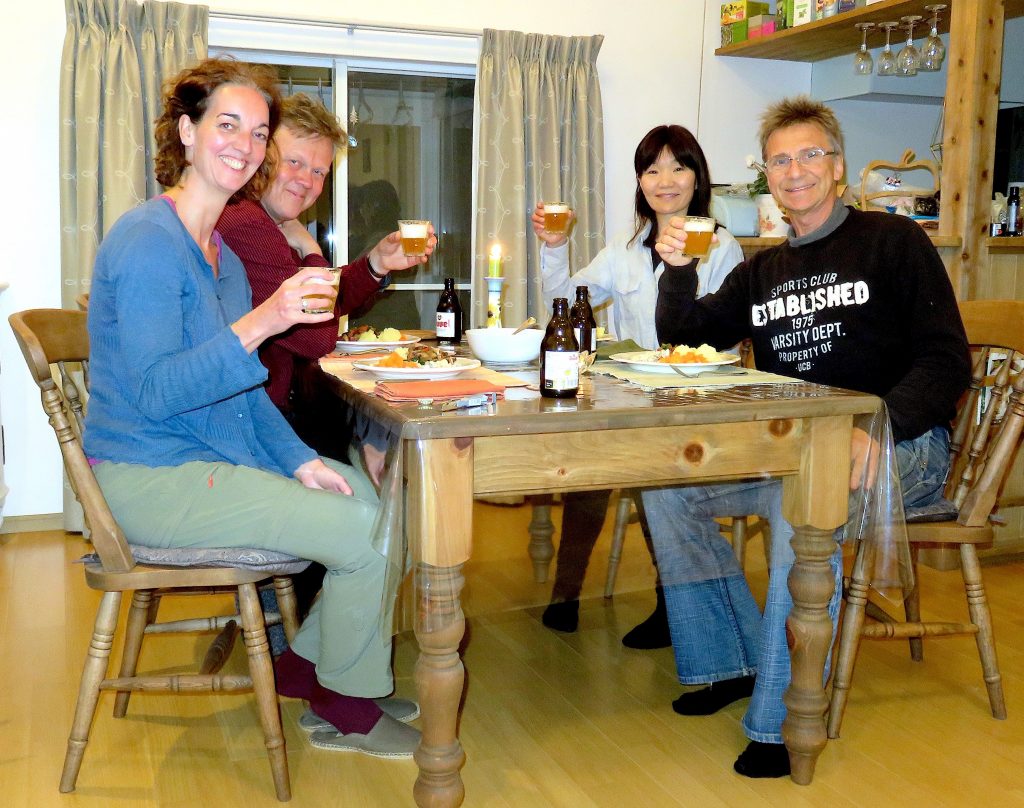
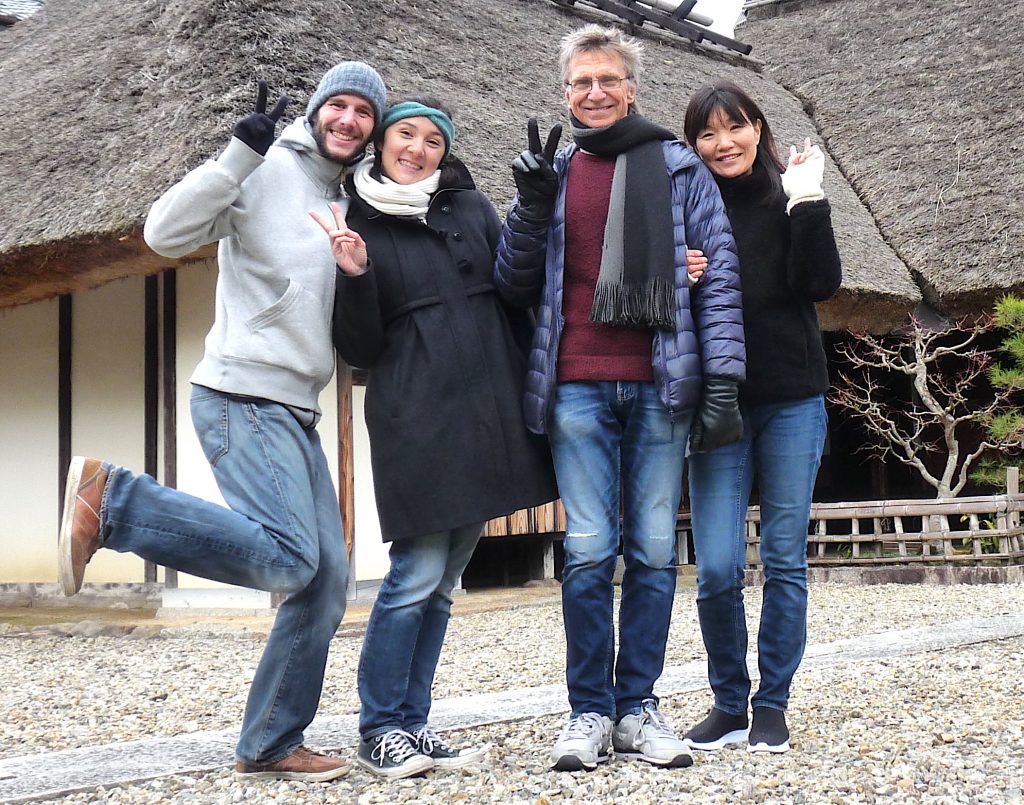
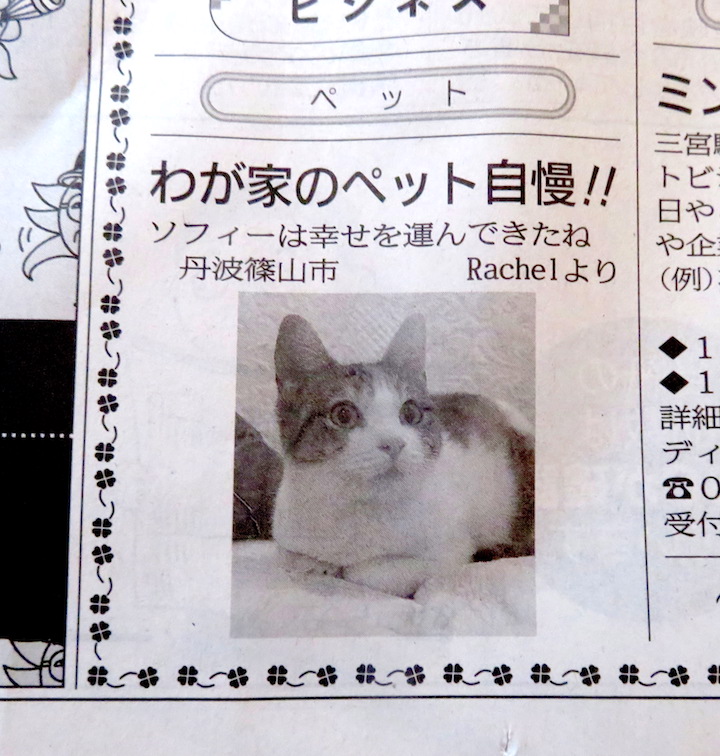



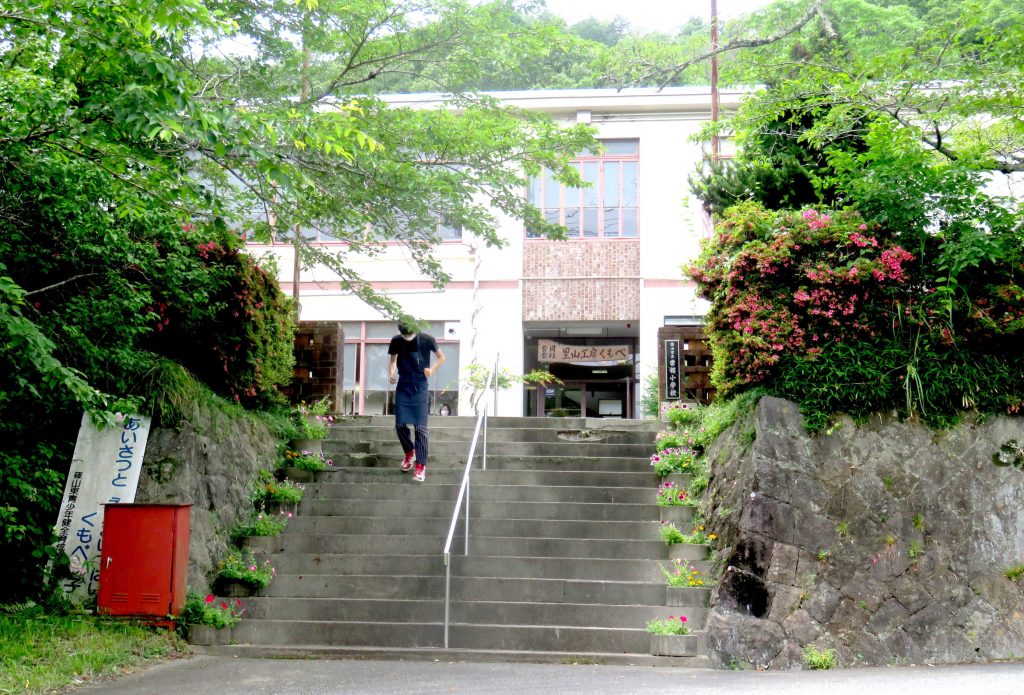
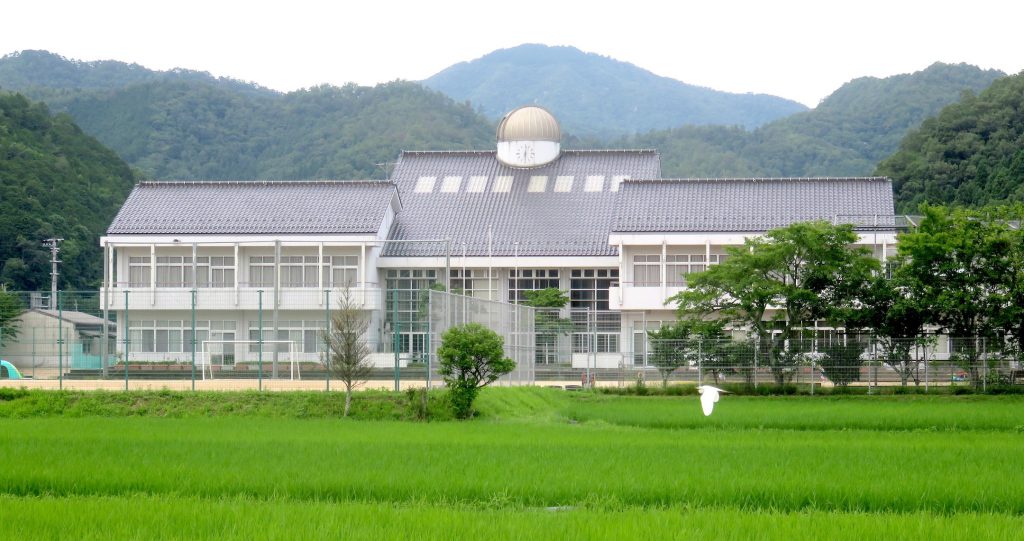
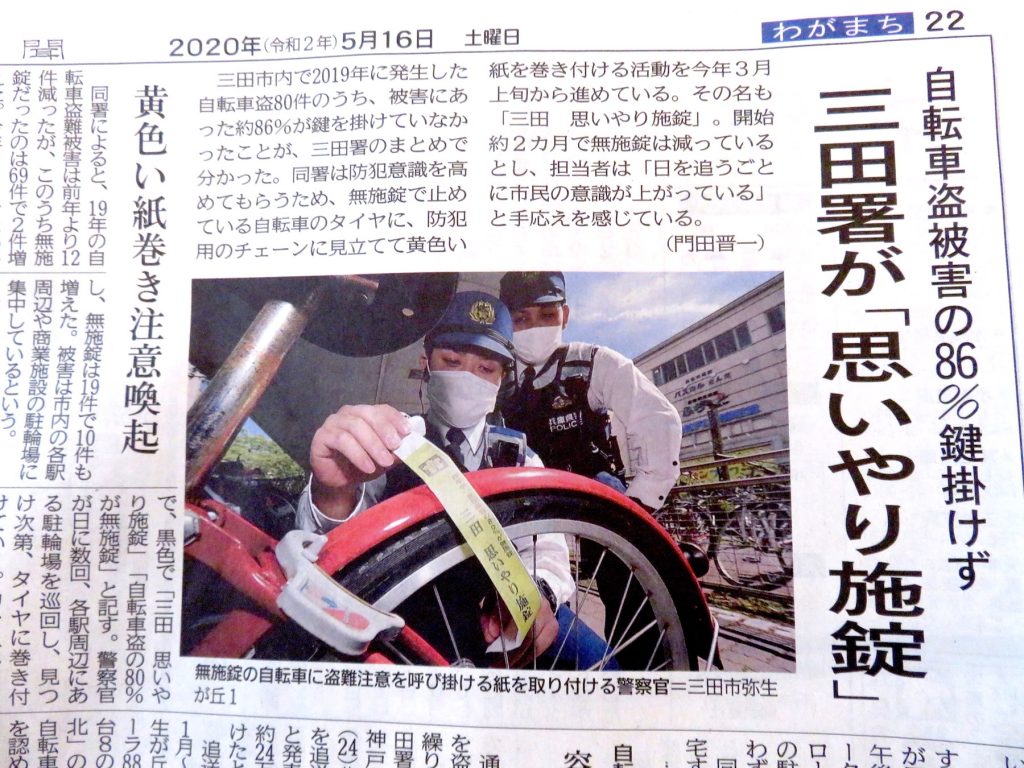
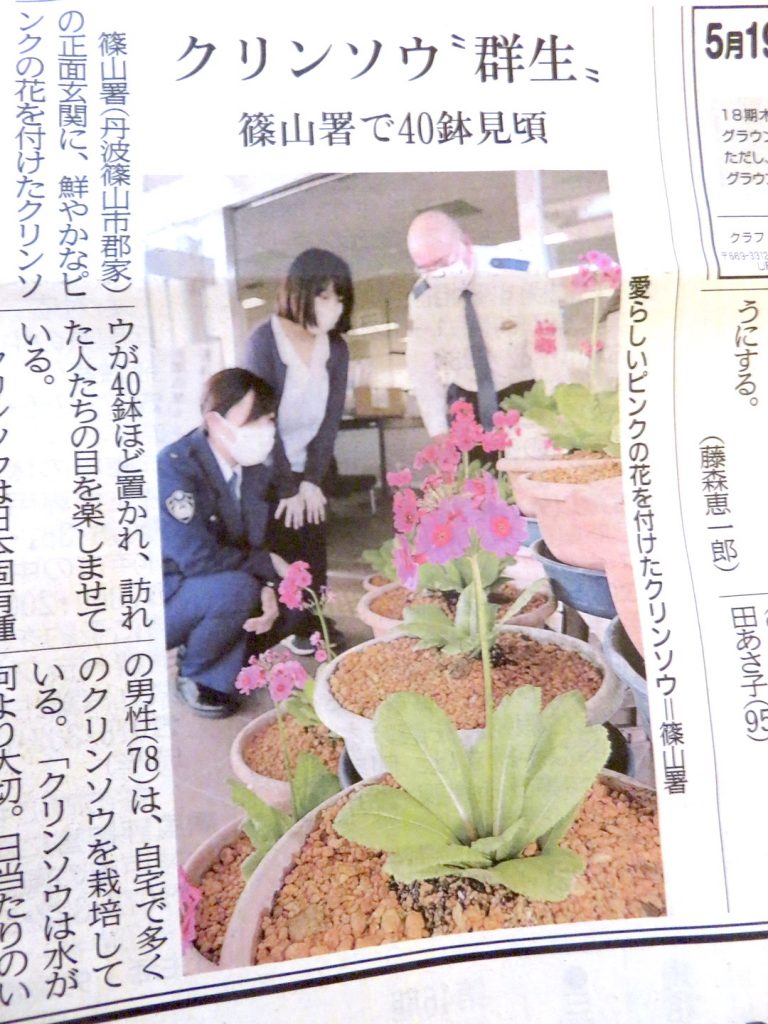



Life In Japan: Awe-Inspiring Extreme Honesty
The sub-title of my newest book begins “Anecdotes on the People and Culture of Contemporary Japan …”
Here are a few anecdotes which will give you phenomenal insights into the remarkably high ethical standards and general character of the Japanese people.
• • •
A friend of mine, originally from New Zealand but who lives in Japan, left her latest model Macbook Pro in a train station ladies room. For two hours! She had left it on the counter while she washed her hands and forgetfully walked out without it. By the way, this was one of the busiest hubs in Japan, the Umeda JR Station in Osaka. That restroom has hundreds of people going through it every hour. She got quite a ways along on her trip back here to Sasayama, remembered, jumped off, and immediately got on a train back to Osaka. She found her laptop right where she left it. Yes … two hours later!
• • •
Every year in October, we have here in Sasayama the Festival of the Portable Shrines. It’s one of my favorites!
A gentleman arrived here from Kobe, which is about an hour away. He came to purchase black beans, an item my home town is famous for, but when the moment came to pay, he discovered his wallet was missing.
There are no pickpockets around here, so obviously he had dropped his wallet somewhere in town.
He went to the nearest Koban. There are several here in Sasayama, as there are all over Japan. A Koban is a mini-police station. In Japan, it’s considered an integral part of a functioning community. The Koban is to make sure there are friendly cops in the neighborhood to address problems which come up in the local area, situations just like this.
The policeman on duty took a report, then got on the phone. He called all the other Kobans in the immediate area, anywhere close to where the gentleman had parked his car, before walking into the main part of town for the festivities.
He passed along the man’s name and a description of the wallet. Now get this …
While the officer was on the phone with another Koban, someone walked in with the wallet and handed it to the policeman on duty there.
The gentleman from Kobe then walked the short distance to the other Koban, and retrieved his wallet. The contents — credit cards, ID, cash — were intact. Not a single item had been taken.
• • •
One Sunday many months ago, we went to, Rurikei, our favorite local onsen. This is one of the great joys of living here in Japan and we try to go often.
Anyway, I left my hair brush in the mens locker room. This was not a family heirloom. This was an 89 cent piece of plastic, dirty and full of my hair from use over many months. The only thing it had going for it was that it was a pleasant shade of lavender.
Five weeks later, we returned to the hot springs. On some impulse — my synapses tend to fire randomly at times — I asked at the counter if they had a purple hair brush in their lost-and-found box. Stupid me. I was thinking they had a cardboard box behind the desk. The clerk asked when I thought I had lost it. That was easy. Maybe four or five weeks ago? He stepped into the facility’s main office, consulted with someone, then returned with my 89-cent hair brush, safely contained in a sealed plastic bag with a label. On the label was the date I left it in the locker room.
• • •
Masumi reminded me of this story, one I had forgotten. One day we went to Japan Post to mail a package to the U.S. — I think it was one of my novels, sent off for a review. Shortly after we returned, the phone rang. It was the clerk who had waited on me at the post office. She first apologized. She had made a mistake and overcharged me. She was so sorry this happened! It was an honest mistake and would be happy to refund the money. How much was it? 10 yen. Unbelievable! Do you know how much 10 yen is at current exchange rates? 9.44 cents!
What did I do? I did what any red-blooded American would do in the face of such incompetence! I went to the post office with my AR-15 and shot the place up. I didn’t kill anyone, though obviously I could hardly be blamed if I had. But when I got done, the place looked like one of the Twin Towers on September 12!
Okay. Obviously, I made that up. The truth was, I was speechless. 10 yen? After I stopped laughing — pleasant, joyful laughing — I had Masumi tell the clerk all was forgiven and she could keep the 10 yen. I think you can probably buy a lollipop somewhere for 10 yen.
• • •
I could go on and on. For example, in the news several months ago, there was the story of a person who had found a satchel on a park bench with over 5 million yen (that’s $50,000 cash) and no identification of any kind in or on the bag. It was promptly turned into the police.
I’m not going to moralize. Draw your own conclusions.
But by seeing such extreme honesty here, I see what has happened to my own country. I’m not pointing fingers. I see it in my own thinking. It’s been quite an adjustment for me. After all, I grew up in a tug-of-war between what I was taught at home, school and church, and real world a prioris: ‘Finders keepers losers weepers.’ ‘It’s every man for himself.’ ‘If I don’t take it someone else will.’
As a kid, often it wasn’t a question of right or wrong, but a question of whether we’d get caught.
I will say that dishonesty, regardless of how minor or seemingly insignificant, is a slippery slope. The Japanese have chosen to avoid taking even the first step.
I openly admit, it’s resulted in a huge paradigm shift for me. It’s required an enormous adjustment. But an extremely rewarding one. Just imagine … being able to trust other people. What a concept!
Understand: This extreme level of honesty and respect for the property of others I’m describing here is not an anomaly. It’s the norm. And it’s nothing new.
My American friend, Scott Burley, recently emailed me about his brief but rewarding experiences visiting Japan. He included this story:
My girlfriend who I met sophomore year … went on a student exchange program to Tokyo for her junior year and went to school over there. She was 1/2 Japanese and 1/2 Czech and her parents were both Japanese — her mother must have married a Czech before her step father. So around Christmas I flew to Tokyo when she had Christmas break and we spent three weeks traveling by train … my girlfriend left her purse at a bus stop. I went back to look for it and it was gone. After we got back to Tokyo, one day her purse arrived in the mail. Only in Japan!
That was back in 1973. Some things don’t change here.
Sometimes it’s best when they don’t.